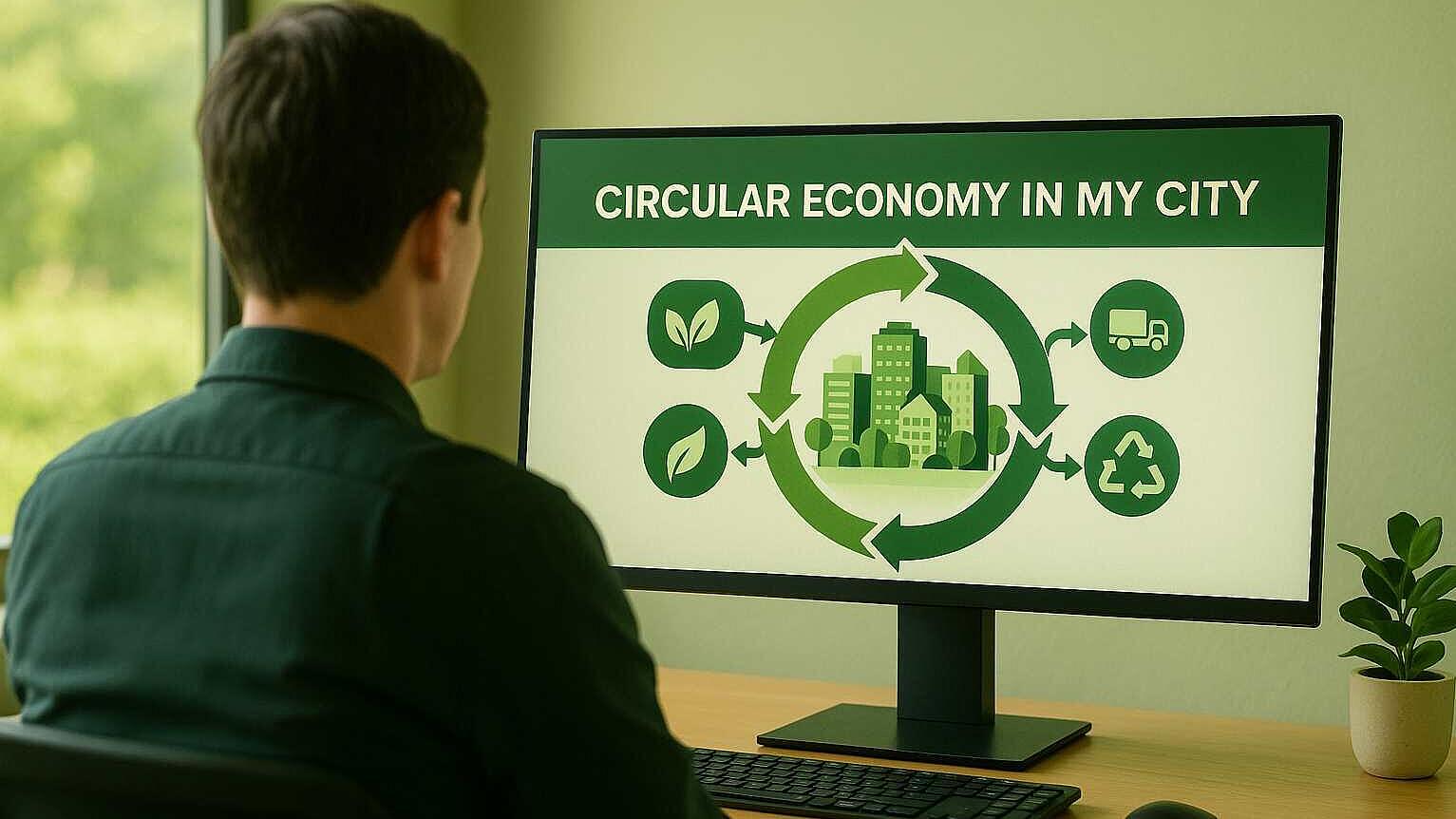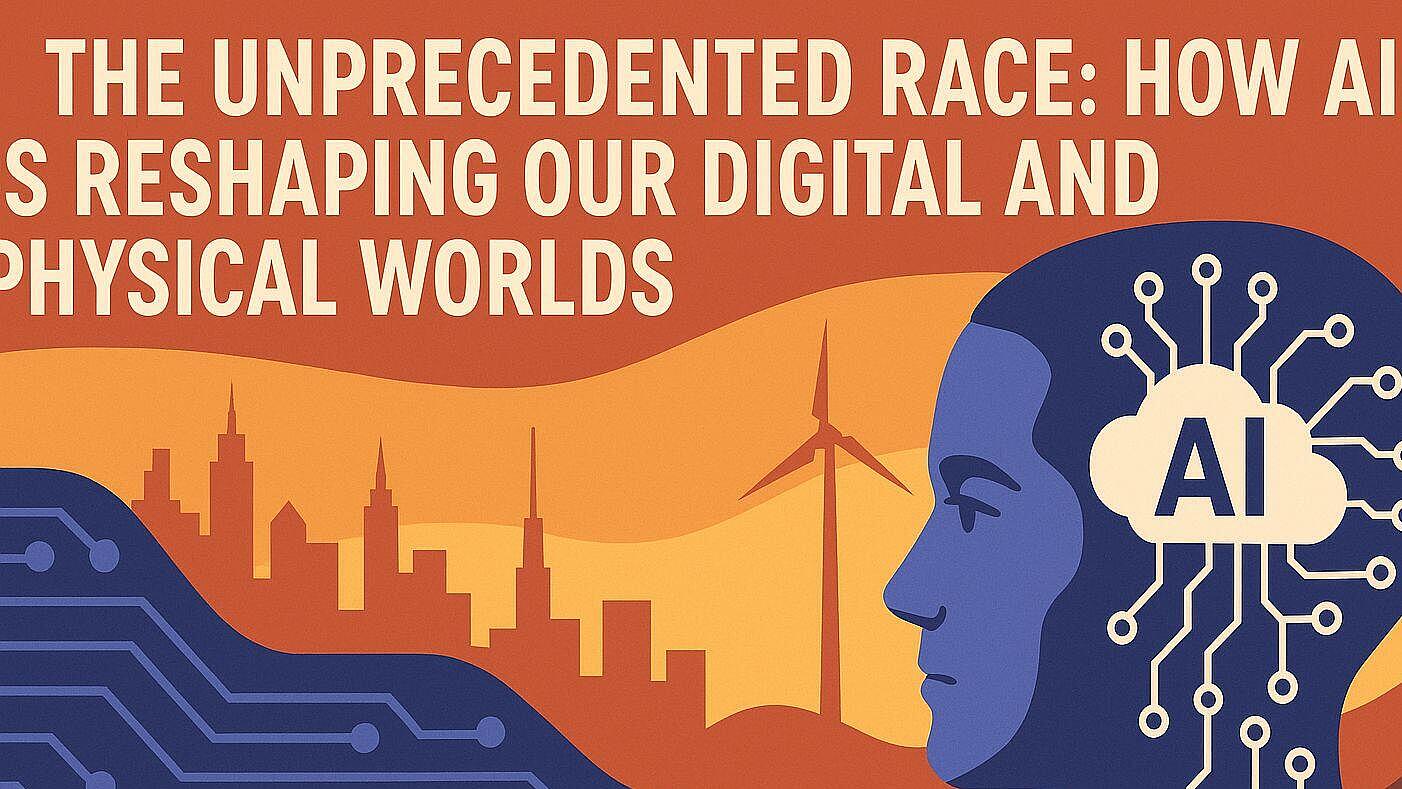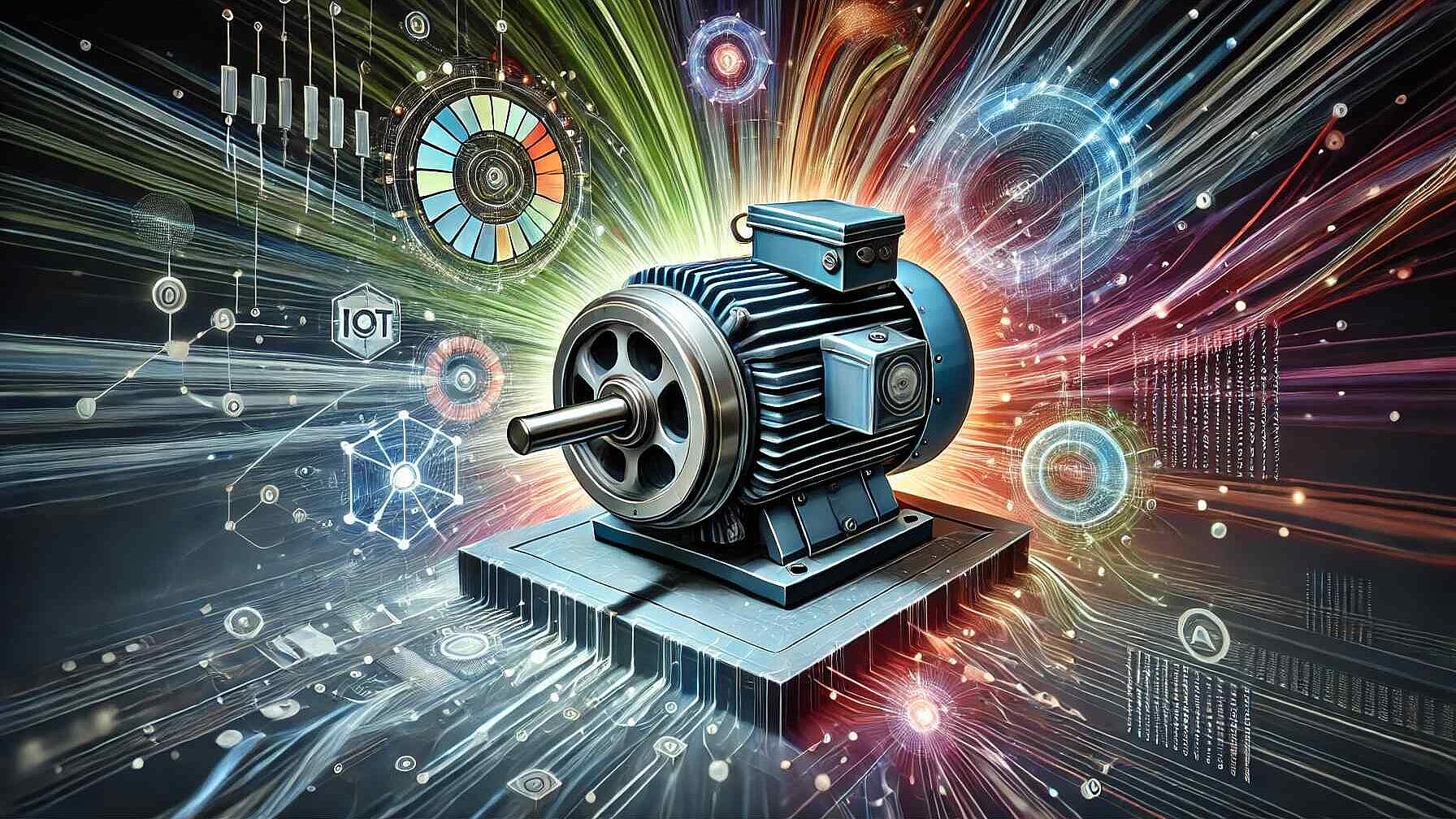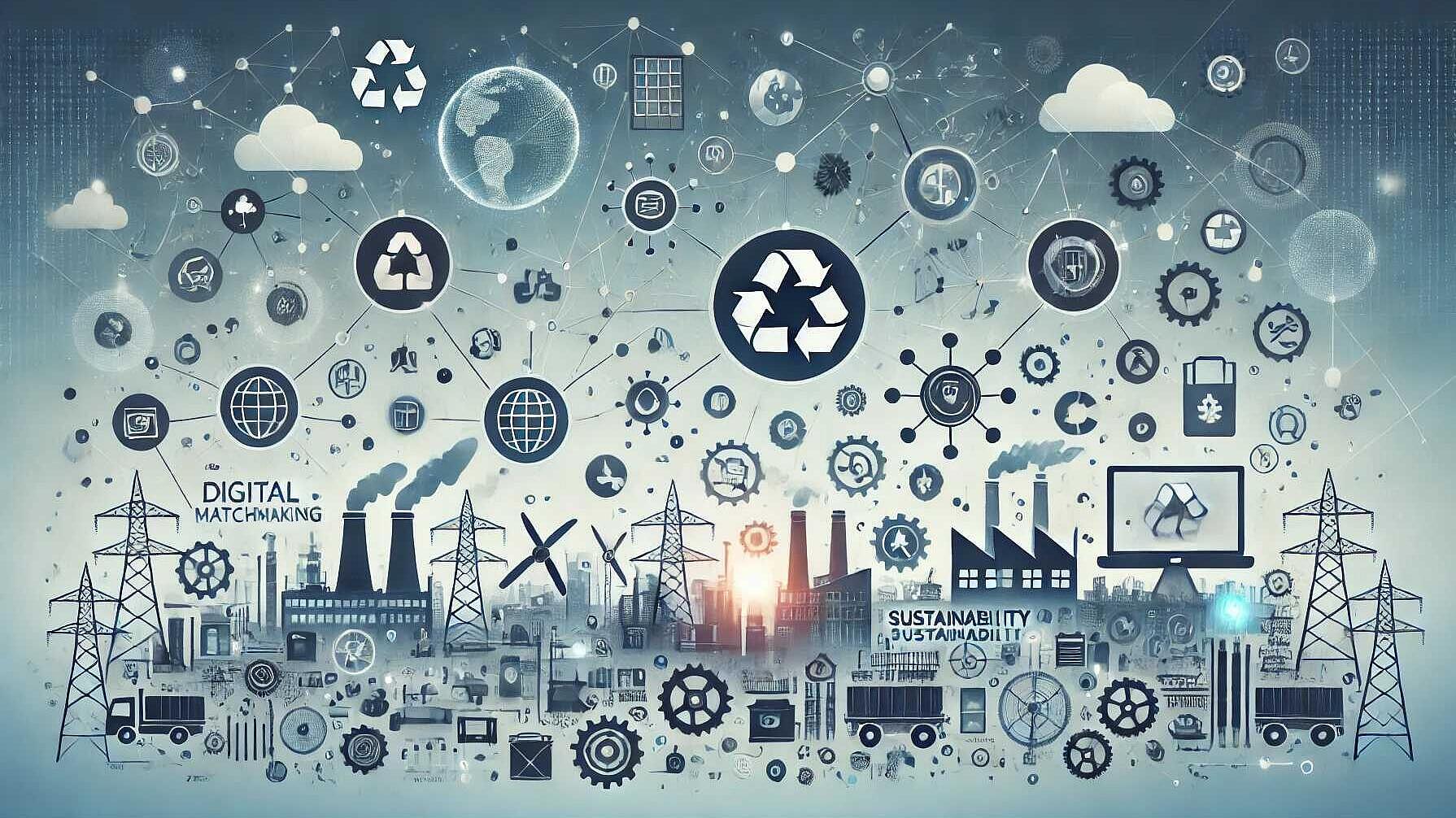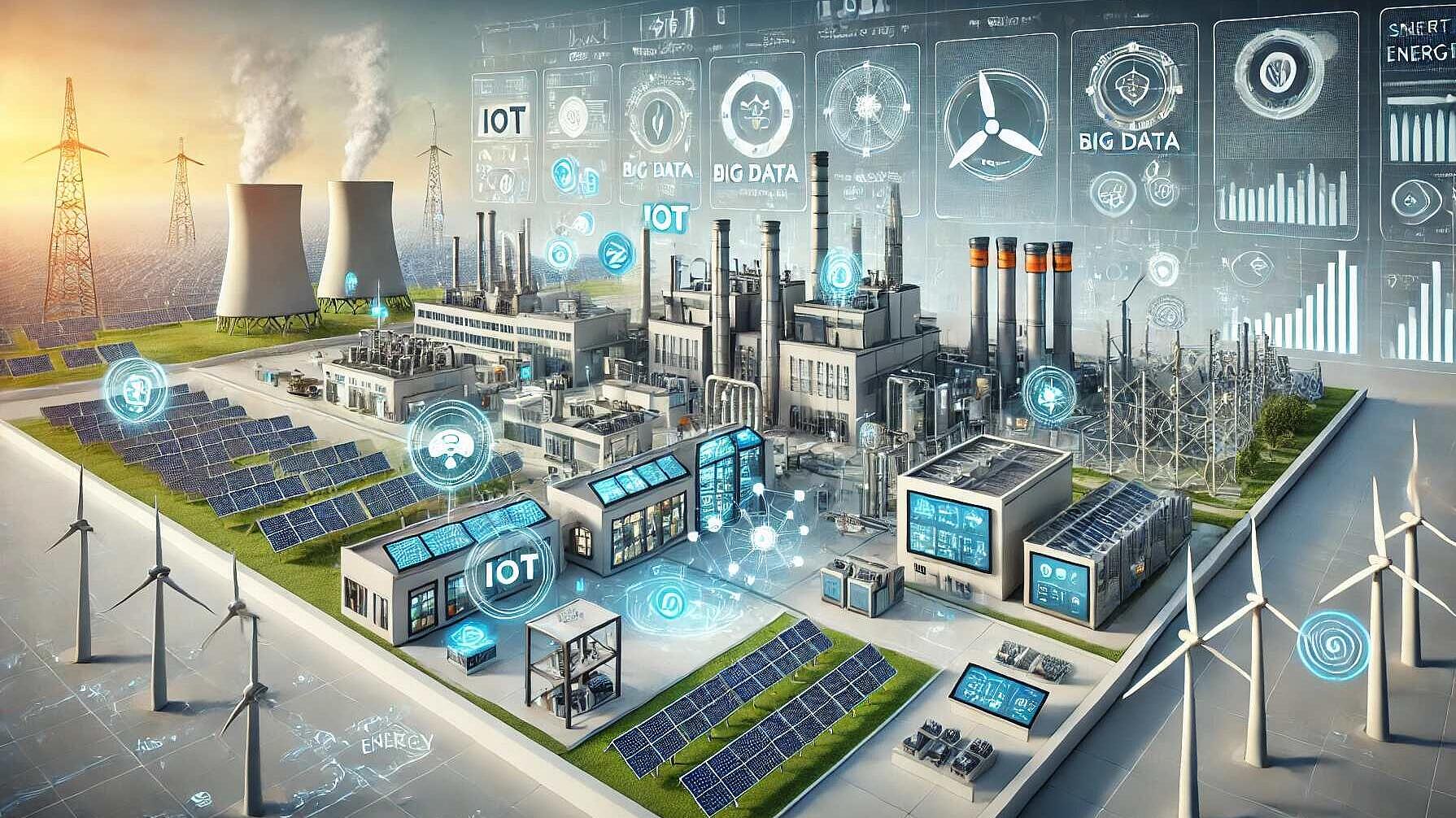 Digitalisation
DigitalisationDigitalisation
The study investigates the impact of digital supply chains on operational performance in Indonesia's food and beverage sector. It highlights the importance of digital technologies such as IoT, robotics, cloud computing, and blockchain in supply chain management. The adoption of these technologies has led to improvements in product quality, with better traceability and real-time control, and increased productivity through process optimization and efficiency. Additionally, the study identifies significant cost reductions from streamlined operations resulting in better inventory management and reduced production delays. The research indicates that strategic investments in digital technologies enhance competitiveness and set new standards for operational excellence. The study suggests further research to understand the broader applicability of these findings in other sectors and geographic regions.
Read Full article3 ways AI can support energy management
There are several ways that AI can be used to support energy management. The field of AI for energy efficiency is an active area of research and development, and new applications are being discovered all the time.
Read Full articleWhy do cities struggle to transition to a Circular Economy? — Information
The paper discusses the challenges cities face in transitioning to a circular economy, emphasizing the decline in global circularity and the need for public procurement to drive the change. It highlights the complexity of accessing and applying circular strategies and proposes innovation procurement with specialized AI as a solution.
Read Full articleThe Unprecedented Race: How AI is Reshaping Our Digital and Physical Worlds
By 2030, AI will necessitate a $7 trillion investment in data centers, driven by widespread AI adoption and geopolitical priorities. The demand for specialized compute hardware and energy-intensive AI workloads is creating significant power and supply chain challenges, emphasizing the need for efficiency, renewable energy, and advanced demand forecasting.
Read Full articleDigital Revolution in Motor Systems: Powering the Future of Energy Efficiency
The paper highlights the revolution of motor systems through digital technologies enhancing efficiency, despite challenges such as lack of standardization and cybersecurity risks. Innovations include smart sensors, IoT, and AI-driven analytics, with case studies showing significant energy savings. Opportunities exist for professionals in data science and cybersecurity.
Read Full articleUnlocking the Power of Industrial Symbiosis: How Data Exchange Fuels Collaboration and Innovation
The CORALIS project examines data exchange in industrial symbiosis networks, identifying lack of standardization and proposing a structured communication framework to improve trust, efficiency, and innovation for sustainable industrial practices.
Read Full articleDigital Matchmaking for Industrial Sustainability: How Knowledge Platforms Enable Circular Economy
A discussion of the challenge of managing information for industrial symbiosis, focusing on digital tools developed for matchmaking and economic assessment. It underlines the importance of integrating technology with human relationships and adapting to regulatory changes that promote data standardization and transparency.
Read Full articleHarnessing Industrial Symbiosis For Sustainable Growth and Circular Economies
Industrial symbiosis (IS) promotes sustainability via resource-sharing among firms, yet faces challenges in implementation due to economic, regulatory, and technological barriers. Future success depends on innovation, policy support, and cross-sector collaboration to overcome these hurdles.
Read Full articleDigital Transformation in Industrial Energy Efficiency: Insights for European Companies
European industries use digital tools for energy efficiency, as per a report with nine case studies, highlighting big data, AI for maintenance, demand response programs, collaboration importance, addressing high costs, and skill gaps, offering guidance for integrating technologies and fostering innovation for sustainability.
Read Full articleThe Intersection of Energy and AI: Insights from the IEA Global Conference
The IEA's Global Conference on Energy and AI highlighted the reciprocal relationship between both fields, focusing on AI's role in optimizing energy use and enhancing renewable energy adoption, while also acknowledging AI's growing energy demands. Key discussions addressed electricity consumption by data centers, advancements in battery tech, smart grid optimization, predictive capabilities for natural disasters, and international perspectives from companies and governments on AI-driven energy strategies. The IEA stressed its commitment to providing actionable data and fostering stakeholder dialogue to align AI with energy system realities, and announced a comprehensive energy-AI report for 2025.
Read Full article

